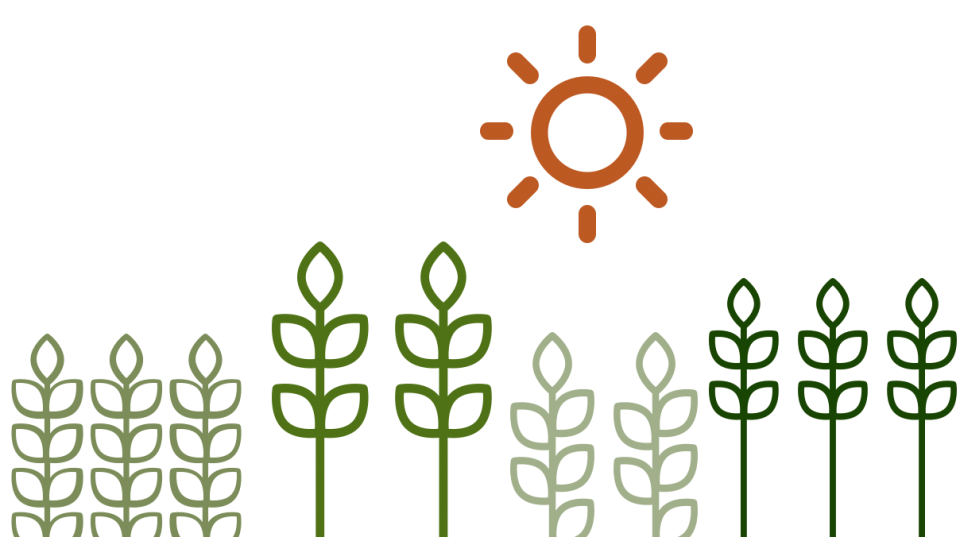Overview
This project addressed mango yield and quality issues for smallholder mango farmers, through the adoption of Integrated Crop Management (ICM) in the form of 'best practice'.
The project has strong links to two other ACIAR projects, in mango postharvest (HORT/2012/098) and value chains (AGB/2012/109).
Mangoes are an economically important crop in the Philippines and Australia. Declining production yields and poor quality of fruit have been attributed to high pest and disease pressure, unproductive poorly nourished trees and the high costs of inputs.
The information, technology and linkages formed from this and previous projects were developed into a set of 'best practices' and disseminated to farmers. The project also aimed to improve capacity and training of extension and scientific staff to deliver the crop management packages.
Outcomes
The project aimed to address the R&D priorities identified within the mango industry strategic plans of the Philippines and Australia, and has the support of industry and R&D agencies in both countries. This project also complemented a number of other mango production and postharvest projects in the Philippines and Australia. ACIAR has funded a significant amount of innovative scientific research, which has benefits across many other cropping systems. However, this research is often considered high risk by industry, and as such they are often reluctant to fund such research activities.
It addressed the following research questions:
- How do we reduce fruit damage and economic losses caused by insect pests?
- How do we reduce losses due to diseases and thus improve shelf-life?
- How can we manage trees and inputs to further improve fruit quality, size and yield?
- How do we deliver the best overall farm management package with mango farmers?




